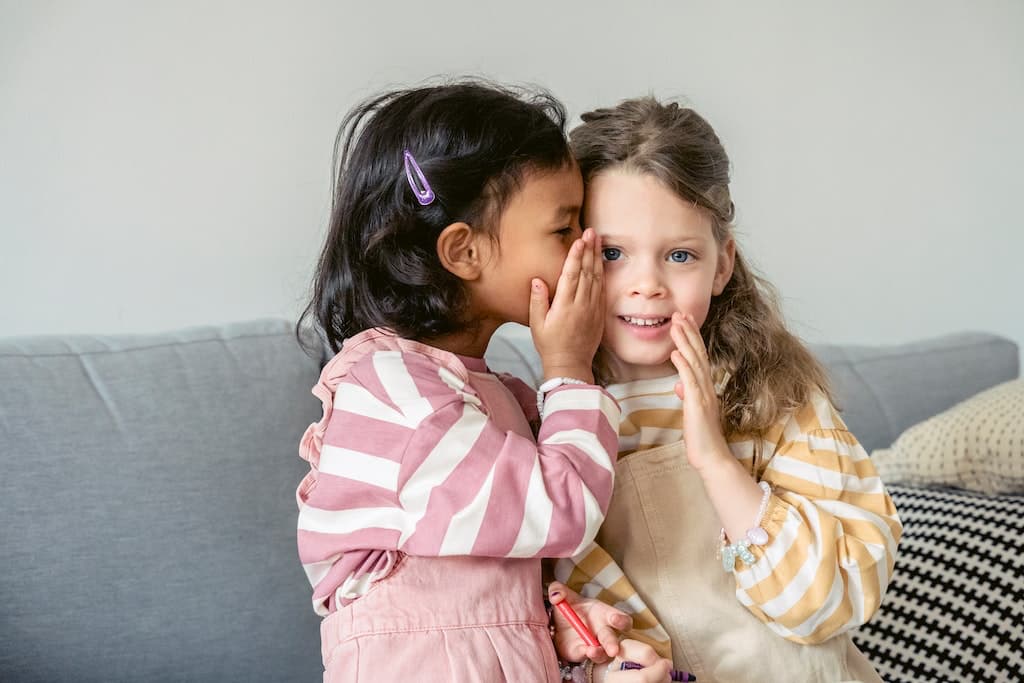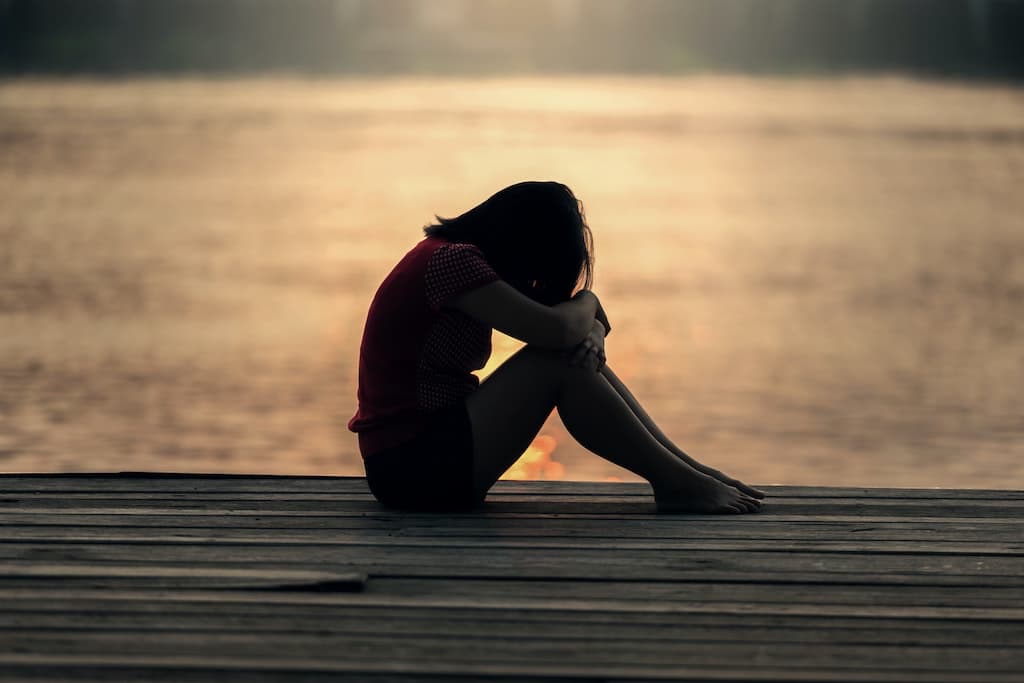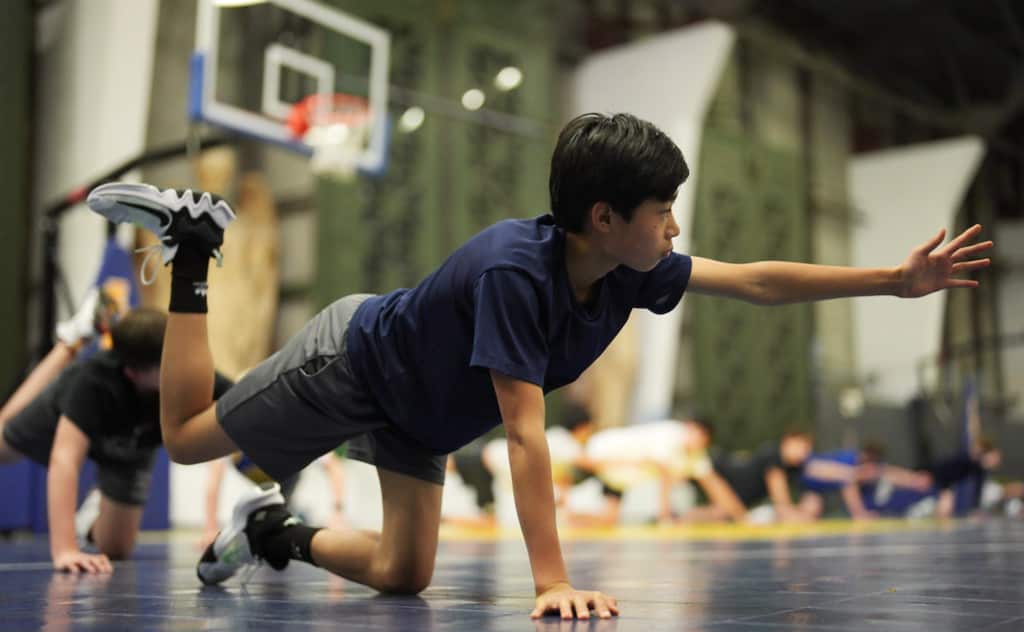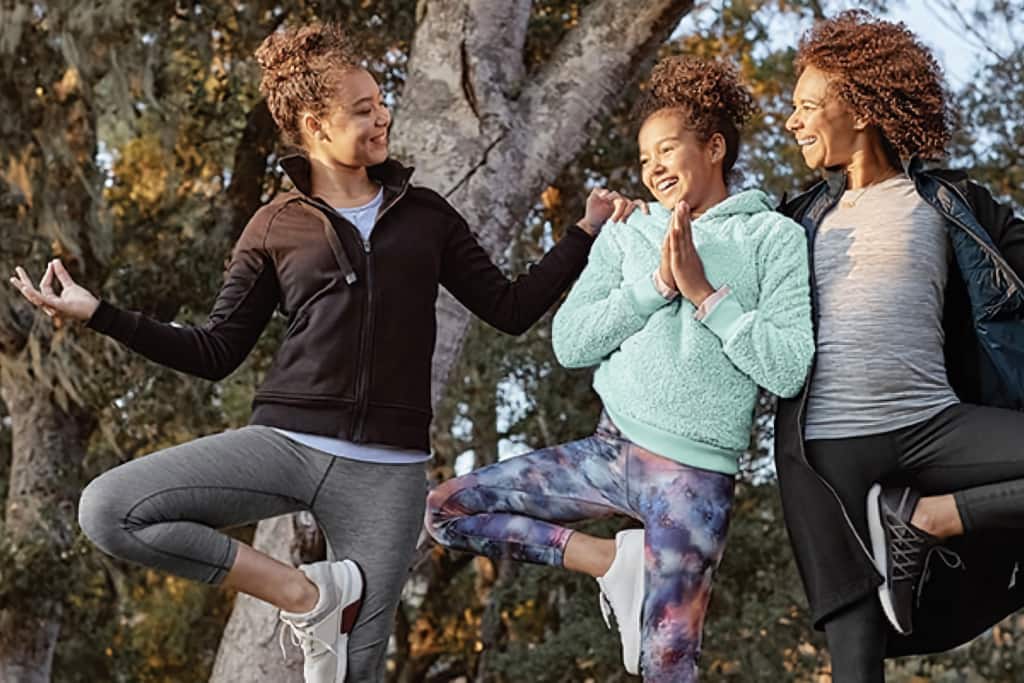Press PLAY to listen to this post.
Okay, hear me out because it’s National Be Heard Day on March 7. Who knew? Now, we do!
"The problem with communication is the illusion that it has been accomplished." —George Bernard Shaw
First of all, it’s take takes (at least) two to communicate: a listener and a speaker. There’s a lot to be said about what it means to feel heard and the skill of how to listen. Let’s break it down.
Active listening means getting out of your own head and trying to understand another person’s point of view. It is conscious process that requires presence and empathy.
Reflective listening is when the listener repeats what the speaker said to ensure what they heard and understood correctly like placing an order and having it reflected back to you.
Discriminative listening is when we hear, interpret or derive meaning from what is being said and how it is said - maybe even how it’s not being said because it’s true that communication is 55% is nonverbal, 38% tone (hello sarcasm), and just 7% words.
Selective listing is ONLY hearing what we want to hear and disregarding the rest. It’s incomplete listening and leads to misunderstanding and misinformation.
Evaluative listening is when the listener makes a judgment about what is being said. How often does this happen - especially with our kids? A lot.
Active and reflective listening are the best ways to be heard and understood along with inquiry when unclear. Asking for clarification helps ensure complete understanding so that we don’t get lost in translation.
Yoga makes you a better listener. When you pay attention and listen to your body, you can receive information and respond more effectively. Listening to your instincts and intuition sharpen with the practice.
Tune in to you and those around you. Try a class with your child or get training in your area. Remember listening is an act of love.
Press PLAY to listen to this post.
March 2 is World Teen Mental Wellness Day and there’s lots to talk about like…poor mental health is a problem for adolescents. Results from the CDC's 2021 Youth Risk Behavior Survey show startling trends.
Fifty. Seven. Percent.
- Nearly 3 in 5 teen girls (57%) said they felt "persistently sad or hopeless." That's the highest rate in a decade.
- And 30% said they have seriously considered dying by suicide — a 60% jump from a decade ago. Almost 70% of LGBTQIA+ students felt the same. The stats are worse for students of color.
"Our teenage girls are suffering through an overwhelming wave of violence and trauma, and it’s affecting their mental health," said Kathleen Ethier, director of the CDC’s Division of Adolescent and School Health.
Experts counted social media and COVID-19 among the key causes for teens’ negative mental states. Now, health officials say investing in school programs could help. Enter yoga.
Yoga is preventative medicine for teens to build the healthy habits they need to meet today’s challenges. Mindfulness practice, movement, meditation and mindset work fortifies the growing adolescent brain and body to ensure they have the skills they need to succeed.
And it works! 100% of IYK Teens who practice yoga once a week, or more, report feeling “healthier & happier.” Our goal is to make yoga more accessible at school to boost its positive impact for every teen to strengthen, stretch and stress less.
Press PLAY to listen to this post.
President’s Day is the third Monday of February. On this day, we remember and honor all presidents in American history for their work in making America the country it is today.
What makes a great leader today? For the last eight years, It’s Yoga Kids (IYK) has partnered with Empower ME Academy (EMA). Together, we help student-athletes achieve, and lead, like STARS. With Coach Gumbs, here’s how sports and yoga develop L.E.A.D.E.R.S.:
L: Listen - leaders listen to their inner guidance, also known as, intuition. Driven by their vision, success requires them to pay attention to those involved so they are heard and feel valued.
E: Empathetic - leaders are understanding and have compassion for others. This is a skill we often cultivate when we are humbled by errors and falls. Empathy connects us to one another.
A: Accountable - leaders actions must align with their values and words. We all make mistakes. Leaders are willing to own them, learn from them and commit to doing better.
D: Daring - leaders take on challenges. They are willing to dream big and they dare themselves to go for their goals - even when they are afraid. Leaders face fears to reach their highest heights.
E: Energy-Giving - leaders are not takers, they are givers. They understand the glory comes from the collective not from their self-serving needs. They are positive and up-lifting. High vibes!
R: Resilient - leaders bounce back when things don’t go their way. They overcome obstacles with agility. They are adaptable so they can handle whatever adversity arrives in order to grow.
S: Self-less - leaders are mindful of others who look up to them as role models. They put the needs of their team above their own. They are focused on the greater good.
There is no better place to learn these skills than on your own yoga mat and in team sports. Everything we learn on the mat, court or field can be applied to everyday life. Being a leader takes persistence, patience and practice.
Join IYK + EMA for holiday camps & clinics in San Francisco where we develop leaders to achieve and lead like STARS. Get the FREE Coaching Guide.
Press PLAY to listen to this post.
To honor Black History Month, we want to celebrate one of our teachers, Melylah Botte Smith. She was IYK® Certified in 2008 and we’ve been connected with children and yoga ever since. She’s working to improve the Black maternal health crisis in the US.
Black women are three times more likely to die from pregnancy-related causes than white women. Access to quality health care and a higher likelihood of chronic conditions that can complicate pregnancy and childbirth means Black pregnant people need more support.
Here’s how yoga can help improve outcomes for Black maternal health:
1. Body connection. Attending prenatal and postnatal yoga classes connects you to your body and your baby. It demystifies what you may have heard or read, and makes it real! Knowing and feeling how your body works, and how to connect with your baby, benefits Black culture.
2. Community bonds. Being with others who are going through what you are is critical. While every body and every baby is different, sharing milestones along the birth and parenting journey is the same. Creating community for Black birthing people and parents is nurturing.
3. Better experiences. Breath work and body awareness help ride the waves of labor with confidence and resilience especially with the support of a Black birth doula. Someone who understands your culture, and you as a person, is life-changing for a Black birthing person.
Having access to birth workers who can support you and understand you, like Black yoga teachers, doulas and midwives, creates safer birthing spaces and supports the physical, mental and emotional experience for birthing Black people and their babies.
Our goal at IYK is to create access to yoga for every child. Get trained to support the Black community and check out our friends at Black To Yoga.




